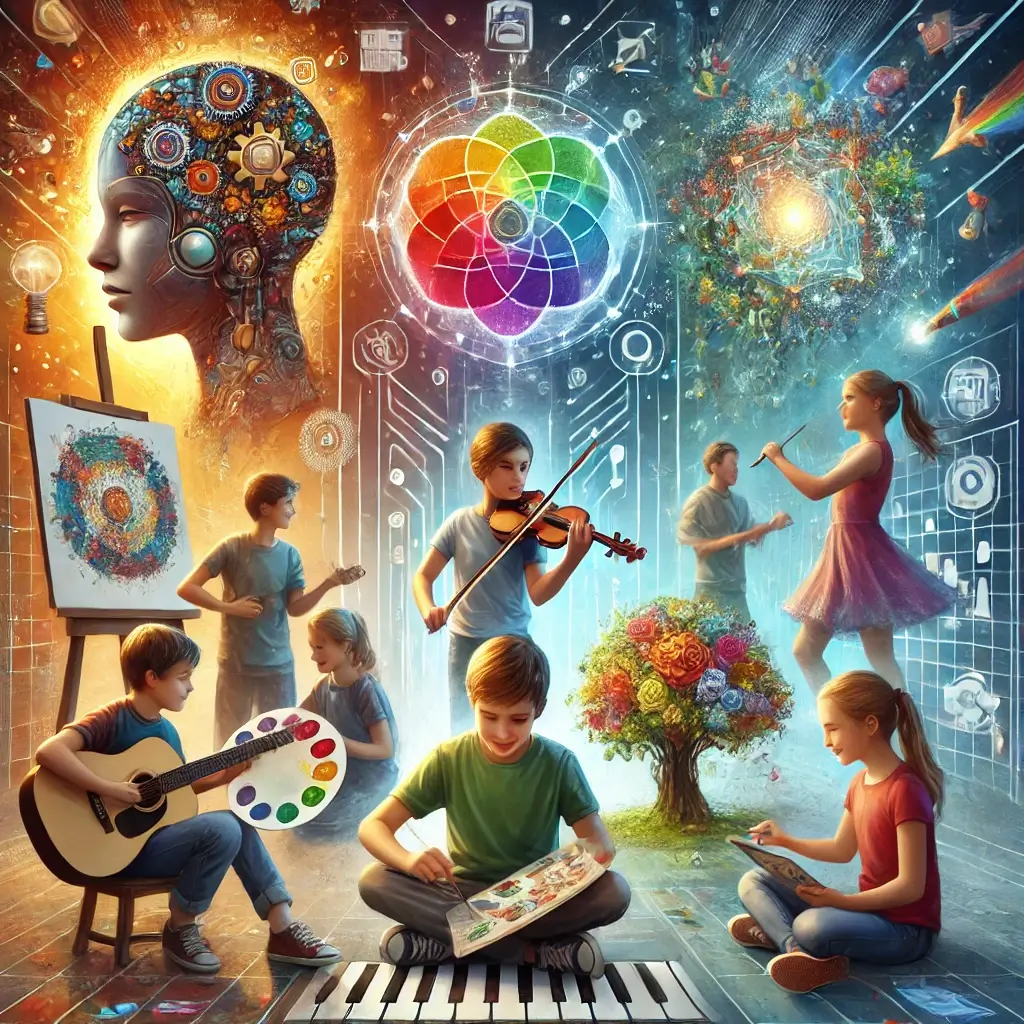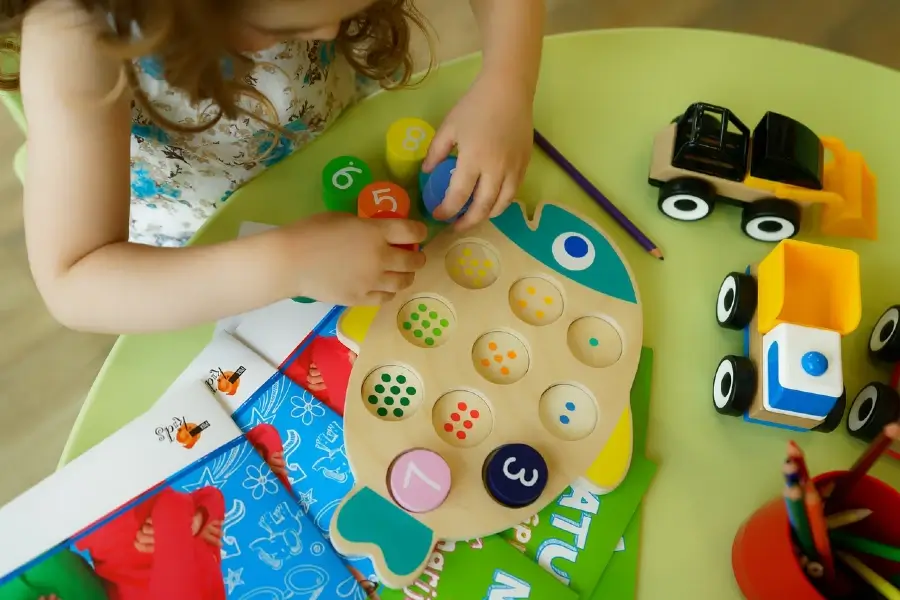The Limitations of Traditional Gifted Assessment Methods
Gifted children are often seen through the lens of their intellectual abilities, with IQ tests serving as the primary benchmark for identification. However, this narrow focus overlooks the rich and diverse ways giftedness manifests. According to recent data from the National Association for Gifted Children (2024), nearly 30% of gifted children remain unidentified when IQ scores are the sole criterion. These children may excel in areas such as emotional intelligence, creativity, or leadership—qualities that traditional assessments fail to measure.
Expert Insights on Modern Gifted Identification
Dr. Michael Chang, an educational psychologist, emphasizes the importance of moving beyond conventional metrics. “We’re seeing a paradigm shift in gifted identification,” he explains, “with research showing that up to 25% of gifted students demonstrate abilities not captured by traditional IQ tests.” This broader understanding challenges educators, psychologists, and parents to adopt more holistic approaches to identifying and nurturing gifted children.
The Need for Inclusive Understanding of Talent
Such change is crucial not only for the children who are missed by IQ-based assessments but also for fostering a more inclusive understanding of talent. By embracing diverse indicators of giftedness, educators can ensure that children from all backgrounds have access to resources and support that maximize their potential. This article delves into the modern understanding of giftedness, exploring its indicators, groundbreaking research, and strategies for effective identification.
Comprehensive Indicators of Giftedness
Recent research highlights several non-traditional markers of giftedness, underscoring the limitations of IQ tests as the sole measure:
Research-Backed Evidence of Multiple Gifted Dimensions
A 2024 longitudinal study published in Gifted Child Quarterly followed 3,000 children over five years, demonstrating that multi-faceted assessment approaches identified 40% more gifted students than IQ-based methods. The study found that 35% of these students excelled in emotional intelligence, 28% in creative problem-solving, and 32% in leadership skills. These findings underscore the necessity of broadening gifted identification criteria.
Modern Approaches to Identifying Gifted Children
Holistic identification strategies are transforming how educators and parents recognize gifted children. Key approaches include behavioral and observational assessments, technology-driven assessment tools, cultural and environmental sensitivity, and portfolio evaluations.
Impact of Comprehensive Assessment Methods
Schools that adopt these strategies often report a significant increase in the diversity of their identified gifted populations. For example, a recent pilot program incorporating these methods into school systems identified 45% more students from underrepresented groups as gifted.
Embracing a New Understanding of Giftedness
The traditional reliance on IQ tests for identifying gifted children is gradually giving way to a more inclusive and comprehensive approach. By acknowledging the diverse ways giftedness can manifest—whether through creativity, emotional intelligence, or leadership—educators and parents can better nurture the unique abilities of all gifted children.
Future Directions in Gifted Education
As Dr. Chang aptly concludes, “Giftedness is not just about scoring high on a test. It’s about recognizing the unique contributions every child can make to the world when given the right opportunities and support.” By embracing these broader perspectives, we can unlock the full potential of gifted children and create a more equitable and enriching educational landscape.
Research Sources
References
National Association for Gifted Children (2024)
Gifted Child Quarterly (2024)
Stanford Gifted Education Research (2024)
Journal of Advanced Learning (2024)
Educational Psychology Review (2024)

Dominic E. is a passionate filmmaker navigating the exciting intersection of art and science. By day, he delves into the complexities of the human body as a full-time medical writer, meticulously translating intricate medical concepts into accessible and engaging narratives. By night, he explores the boundless realm of cinematic storytelling, crafting narratives that evoke emotion and challenge perspectives. Film Student and Full-time Medical Writer for ContentVendor.com




